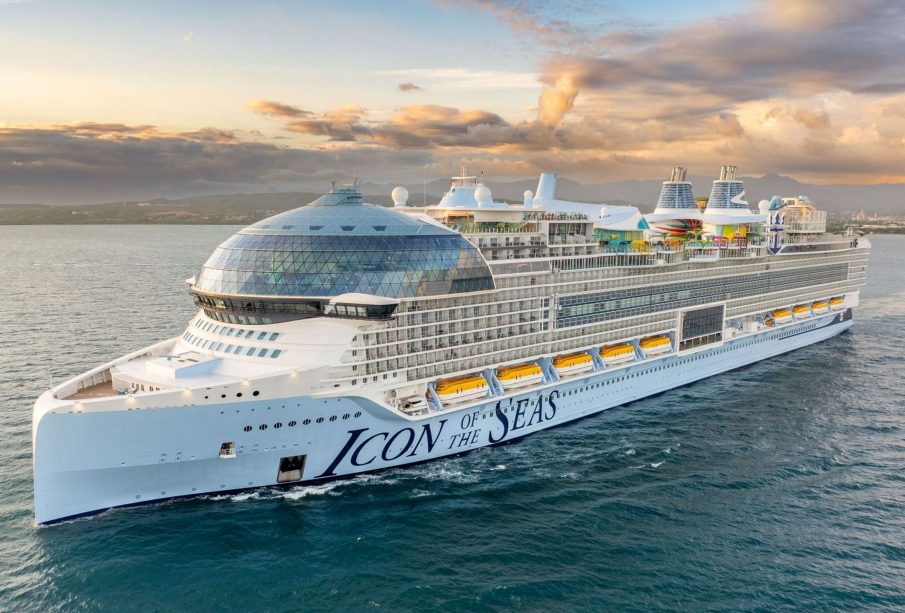Royal Caribbean’s Impact on Modern Cruising

Introduction
Royal Caribbean International, a prominent cruise line headquartered in Miami, Florida, has significantly influenced the cruise industry since its inception in 1968. Known for introducing some of the most innovative ships and experiences, Royal Caribbean has become synonymous with modern cruising. With an increasing number of people seeking unique travel experiences, the relevance of cruise lines like Royal Caribbean has grown considerably, especially post-pandemic as tourism rebounds globally.
Overview of Recent Developments
In 2023, Royal Caribbean has continued to expand its fleet with the introduction of the Icon of the Seas, touted as the largest cruise ship in the world. This vessel, which debuted in January 2024, can accommodate over 7,600 passengers and features cutting-edge amenities, including multiple pools, a surf simulator, and an innovative water park. The expansion into new markets, particularly in Asia and the Mediterranean, reflects the company’s strategy to penetrate emerging travel destinations.
Moreover, Royal Caribbean has placed a strong emphasis on sustainability. The company has committed to reducing carbon emissions by 35% per passenger by 2025 as part of its broader plan to achieve sustainability in operations. This commitment includes efforts to implement cleaner technologies and enhance waste management processes on all its ships.
Challenges and Opportunities
Despite the successes, Royal Caribbean faces various challenges, especially in the aftermath of the COVID-19 pandemic. The cruise industry as a whole is still recovering from the severe impacts of restrictions and cancellations that brought operations to a halt. Consequently, Royal Caribbean has had to navigate changing consumer sentiments regarding safety and health protocols on board.
To adapt, the cruise line has enhanced its health and safety measures, including improved air filtration systems and vaccination requirements for crew members. These adjustments aim to reassure travellers, demonstrating the company’s commitment to their health while enjoying the unique offerings of a cruise vacation.
Conclusion
In conclusion, Royal Caribbean remains a leader in the cruise industry, continuously innovating and adapting to meet the needs of modern travellers. As the company invests in its fleet’s expansion and sustainability initiatives, it is poised to attract a new generation of cruisers who value both luxury and responsible travel. The coming years will see how Royal Caribbean navigates the evolving landscape of tourism, but its forward-thinking strategy positions it well for continued success in the growing cruise market.








